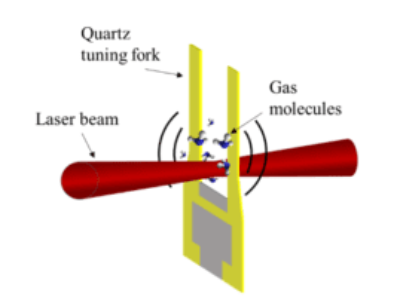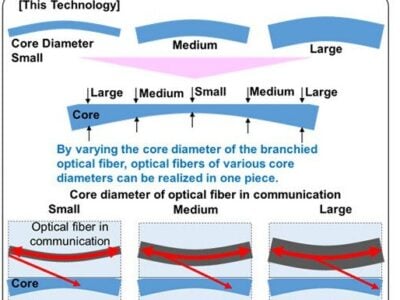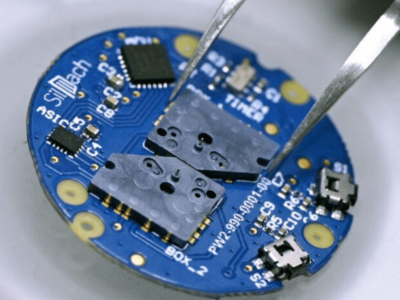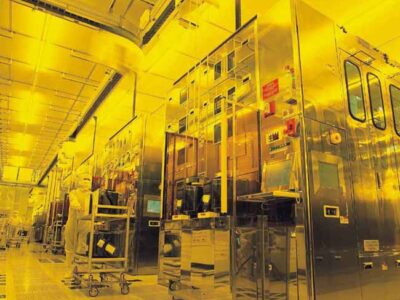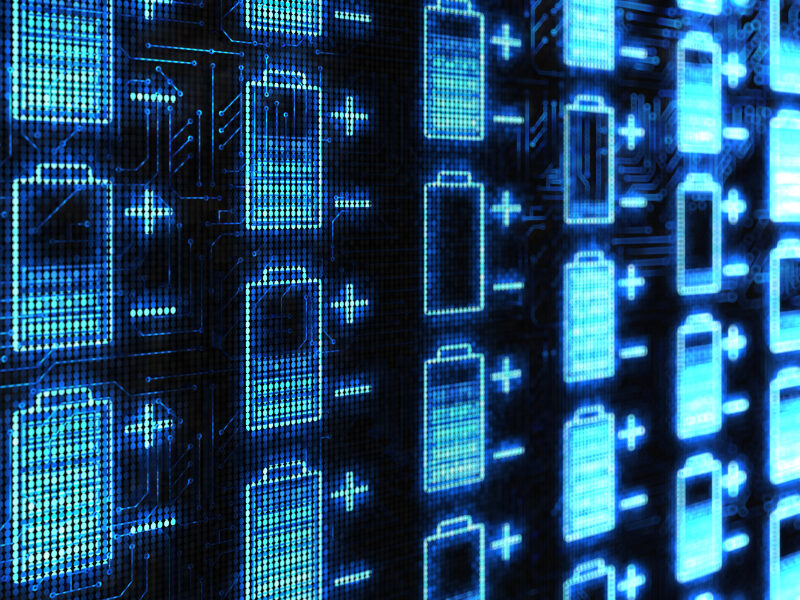
Project aims to bring magnesium batteries to market
According to the scientists, magnesium batteries should have decisive advantages over conventional lithium-ion batteries: Magnesium as an anode material enables a higher energy density and would also be much safer in the event of a fire. “Magnesium is a promising material and one of the most important candidates for our post-lithium strategy,” said Professor Maximilian Fichtner, Deputy Director of the Helmholtz Institute Ulm (HIU), a research institute founded by KIT in cooperation with the University of Ulm and the associated partners DLR and ZSW to research and develop electrochemical battery concepts.
The European Magnesium Interactive Battery Community (E-Magic) research project combines all necessary steps for the development of magnesium batteries, from basic research to cell production processes. The main aim of the scientists is to contribute to understanding the obstacles and challenges at the materials level and to create new solutions for current obstacles. “The special challenge with magnesium batteries is a long service life,” said Dr Zhirong Zhao-Karger, who coordinates the activities of the new research project in the Solid State Chemistry Research Group at HIU. However, there are a number of positive properties of the new battery material that the researchers want to use: for example, no dendrites form on the magnesium anodes. In lithium-ion batteries, such electrochemical deposits on the electrodes can form needle-like structures and cause disturbances or even dangerous short circuits. There are no comparable processes in magnesium. It is therefore possible to use magnesium in metallic form and thus directly utilize the high storage capacity of the metal.
In addition to greater safety and energy density, the introduction of magnesium technology in battery production could also help to reduce dependence on lithium as a raw material: as an element, magnesium is around 3,000 times more abundant on earth than lithium and, in contrast, is much easier to recycle. Accordingly, magnesium batteries would also be cheaper than lithium-ion batteries. If Europe makes rapid progress in development, magnesium batteries could also help to reduce the dominance of Asian producers of battery cells and establish competitive battery production in Europe.
European Magnesium Interactive Battery Community
Related articles:
- DISORDERED CRYSTALS OFFER BOOST FOR MAGNESIUM BATTERY TECH
- BREAKTHROUGH FOR MAGNESIUM BATTERIES
- MAGNESIUM BATTERIES LOOK TO BREAK INTO THE MAINSTREAM
 If you enjoyed this article, you will like the following ones: don't miss them by subscribing to :
eeNews on Google News
If you enjoyed this article, you will like the following ones: don't miss them by subscribing to :
eeNews on Google News

